 W
WThomas Massa Alsager (1779–1846) was an English journalist and critic, a manager of The Times newspaper. He was also a member of the "Cockney School" literary and musical circle.
 W
WHenry Samuel Bedson, was a British virologist and head of the medical microbiology department at Birmingham Medical School, where his research focused on smallpox and monkeypox. He was head of the smallpox laboratory at Birmingham when Janet Parker, a photographer working above Bedson's smallpox laboratory, contracted smallpox. On 6 September 1978, a day after confirming the strain of smallpox, Bedson was found with self-inflicted injuries and a suicide note. Both Bedson and Parker died on the same day.
 W
WArthur Capell, 1st Earl of Essex, PC, also spelled Capel, of Cassiobury House, Watford, Hertfordshire, was an English statesman.
 W
WGervase Clifton, 1st Baron Clifton was an English nobleman.
 W
WMajor-General Robert Clive, 1st Baron Clive, also known as Clive of India, was the first British Governor of the Bengal Presidency. He is credited along with Warren Hastings for laying the foundation of British rule in India. He began as a writer for the East India Company (EIC) who established the military and political supremacy of the EIC on the Indian subcontinent by winning the Battle of Plassey. In return for supporting the Nawab of Bengal Mir Jafar on the throne, Clive was granted a jaghire of £30,000 per year which was the rent the EIC would otherwise pay to the Nawab for their tax farming concession. When he left India he had a fortune of £180,000 which he remitted through the Dutch East India Company.
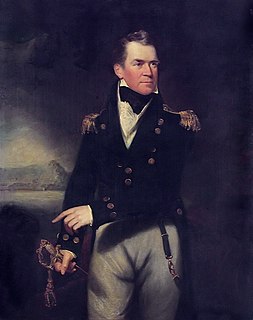 W
WSir George Ralph Collier, 1st Baronet KCB was an officer of the Royal Navy during the French Revolutionary and Napoleonic Wars, and the War of 1812. He had an eventful early life, being shipwrecked early in his career and later captured by the French. Nevertheless, he saw enough service to attract the attention of powerful patrons that secured his rise through the ranks. An officer of considerable ability, he won a noteworthy victory against a stronger French opponent, before embarking on a period of distinguished service off the Spanish and Portuguese coasts, working closely with the British generals fighting the Peninsular War, and markedly contributing to their success. His good service led to a prime posting in command of a squadron despatched to hunt down and neutralise the American super frigates during the War of 1812. He came close to capturing the USS Constitution, but lost her in circumstances that were unclear and would later return to haunt him. The years of peace that followed the end of the Napoleonic Wars saw him rewarded with a baronetcy, and he continued to serve in the navy where he was tasked with the suppression of the slave trade. The publishing of William James's account of the War of 1812, which lambasted him for incompetence and cowardice in his failure to catch the Constitution, broke his personal peace. Having failed to clear his name, and increasingly depressed by the accusations, Collier took his own life.
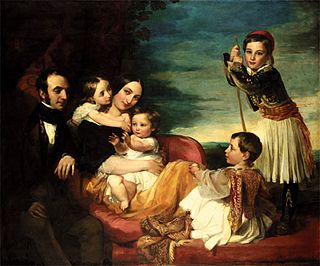 W
WAglaia Coronio was a British embroiderer, bookbinder, art collector and patron of the arts. Of Greek descent, she was the elder daughter of businessman and art collector Alexander Constantine Ionides, who had immigrated to London from Constantinople in 1827. Her older brother was Constantine Alexander Ionides ; her younger siblings were Luca, Alexandro and Chariclea. Aglaia became a confidante of William Morris and a friend of Dante Gabriel Rossetti. She and her cousins Marie Spartali Stillman and Maria Zambaco were known among friends as "the Three Graces", after the Charites of Greek mythology.
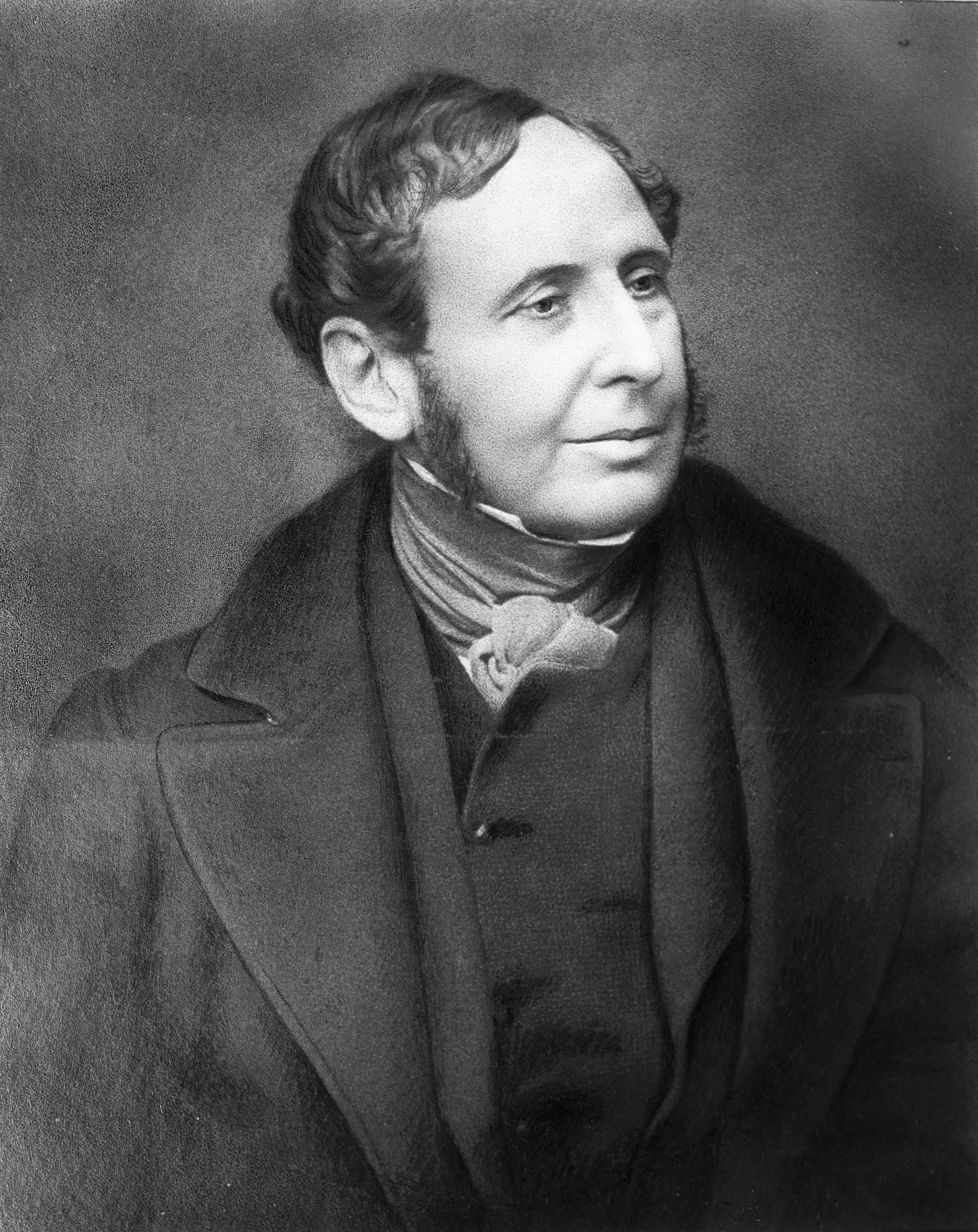 W
WVice-Admiral Robert FitzRoy was an English officer of the Royal Navy and a scientist. He achieved lasting fame as the captain of HMS Beagle during Charles Darwin's famous voyage, FitzRoy's second expedition to Tierra del Fuego and the Southern Cone.
 W
WSir Augustus John Foster, 1st Baronet, was a British diplomat and politician. Born into a notable British family, Foster served in a variety of diplomatic functions in continental Europe and the United States, interrupted by a short stint as a Member of Parliament. He wrote about his American experiences in Notes on the United States of America.
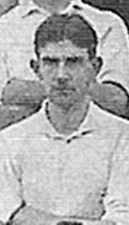 W
WAlexander Glen was a Scottish footballer who played as an inside-forward for various clubs in the 1900s.
 W
WLt Col John Gurwood, British Army, was a career soldier who took it upon himself to edit and publish the Dispatches of the Duke of Wellington which form a major contribution to military history.
 W
WLillian Hall-Davis was an English actress during the silent film era, featured in major roles in English film and a number of German, French and Italian films.
 W
WGeorge Harrison was an English international footballer who played as an outside left.
 W
WGeorge Robert Price was an American population geneticist.
 W
WSir William Tindal Robertson, was an English physician. He represented Brighton in Parliament from 29 November 1886 – 25 October 1889.
 W
WSir Samuel Romilly, was a British lawyer, politician and legal reformer. From a background in the commercial world, he became well-connected, and rose to public office and a prominent position in Parliament. After an early interest in radical politics, he built a career in chancery cases, and then turned to amelioration of the British criminal law.
 W
WWilliam James Wood "Buller" Stadden was a Welsh international rugby union half back who played club rugby for Canton, Cardiff and Dewsbury. Stadden won eight caps for Wales over a period of seven years and is most remembered for scoring the winning try in 1890 to give Wales their first victory over England. He committed suicide in Dewsbury after murdering his wife.
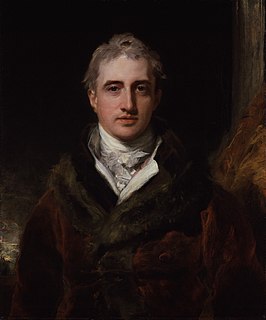 W
WRobert Stewart, 2nd Marquess of Londonderry,, usually known as Lord Castlereagh, derived from the courtesy title Viscount Castlereagh by which he was styled from 1796 to 1821, was an Anglo-Irish statesman. As British Foreign Secretary, from 1812 until his suicide in 1822 he was central to the management of the coalition that defeated Napoleon, and he was the principal British diplomat at the Congress of Vienna.
 W
WSamuel Whitbread was a British politician.